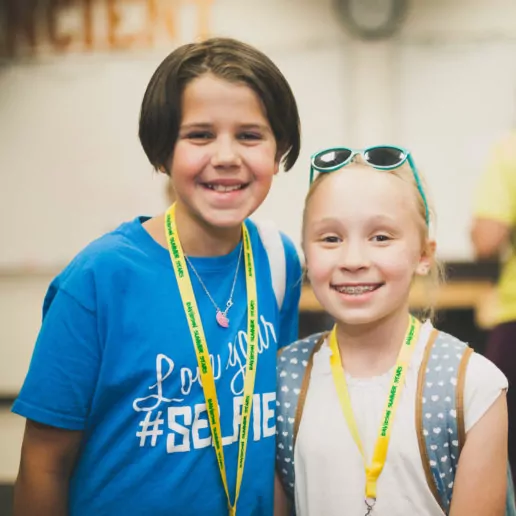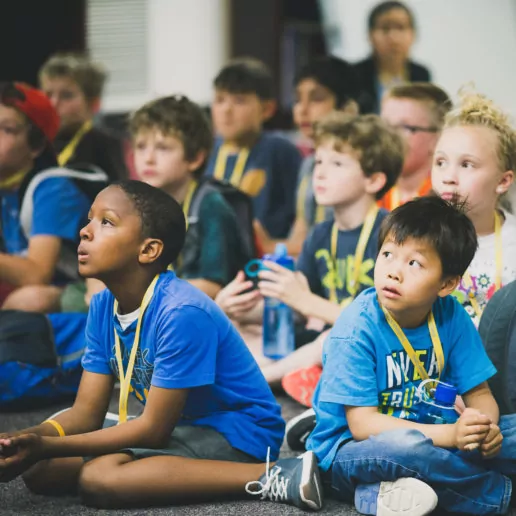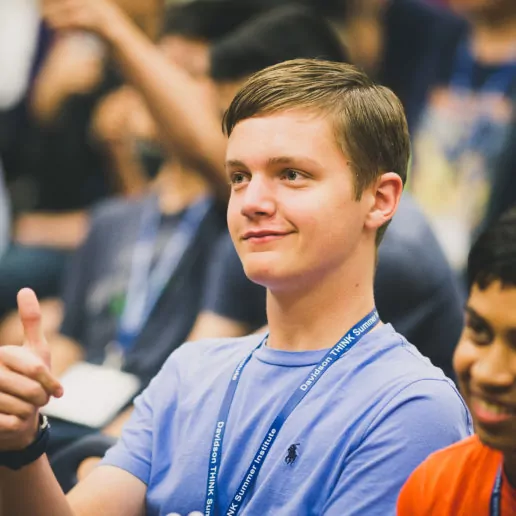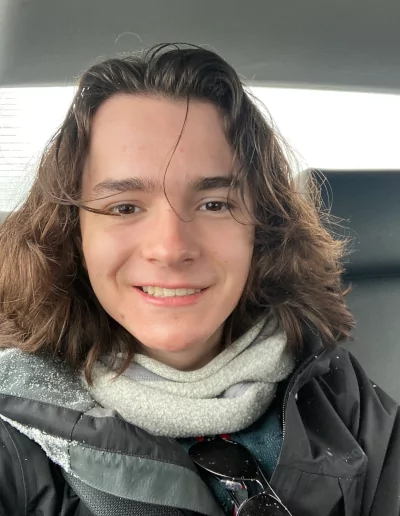- Home
- Programs and Scholarships
- Summer Programs
- Davidson Summer Program Benefits
Davidson Summer Program Benefits
Why Choose Our Summer Programs?
While each program offers unique experiences, they all share common goals and opportunities:
Connect
Meet intellectual peers from all over the country
Challenge
Participate in new, ambitious academic topics and activities
Grow
Build independence through a short stay away from home
Explore
Discover the University of Nevada, Reno campus, and the Davidson Academy
Support
Count on our team to develop programming with profoundly gifted students’ needs as the focus
Success Stories
We believe in the benefits of summer camp! Camp experience has been shown to increase self-esteem, peer relationships, exploration, and more. Here is what some of our families have to say about our camp:
"My child really enjoyed the program as well as the residential experience. The counselors were also fantastic, which really make the experience more special."

"Having our child be so happy around so many other children that are similar to him made our hearts glad! He melted right in and could just be who he is! THANK YOU!!"

"I especially enjoyed the fact that the courses were challenging -- that fact alone helped me see more potential in myself"

"THINK was very important to me, socially. Many of my best friends were made at THINK. Being surrounded by like-minded peers was truly a boon for me. While I had nothing against my age-peers back home, it was always apparent to me that I was slightly different to them. At THINK I was essentially just a normal kid. I related to the students there much more and I became much closer to them because of it."
